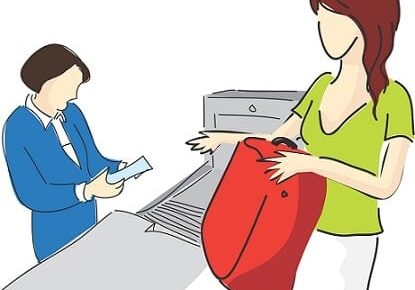Booking a vacation can get expensive if you have to cancel. COVID-19 makes travel a gamble and flex fares allow changes and free cancellations. It seems to be a trend in Europe even after COVID-19 to rely on such booking options.
The majority of people making holiday reservations choose a flexi fare. Even after the pandemic is over, flexible cancellation and re-booking options for package holidays will remain, according to the leading companies taking part in ITB Berlin NOW.
Currently TUI and DER Touristik are not considering imposing a deadline for flexi fares. Marek Andryszak, CEO of TUI Deutschland, reports that 80 per cent of the customers who have booked travel with TUI since 1 February have chosen a flexi fare. It is a similar situation with DER Touristik, where the figure is 70 per cent, reports Ingo Burmester, CEO Central Europe.
Studiosus-Reisen does not call it a flexi fare, referring instead to a “Coronavirus goodwill package“ which, according to marketing director Guido Wiegand, can be booked without incurring any additional costs. This offer expires at the end of 2021. Two thirds of customers intend to wait until they have been vaccinated before making a firm reservation.
Regarding the economic impact, Burmester reports that the added costs are “at the lower end of the profitability scale”, because each rebooking also imposes costs on DER which are above the fixed rate. “Those who pay a flexi fare and then cancel are partly cross-subsidised by those who do not cancel”, admits Andryszak.
He maintains that the desire for more security is not an after-effect of the negative experience with the industry’s willingness to pay during the first lockdown. “I believe that many people have forgiven us.” He points out that customers “have to pay the airline 100 per cent of the fare”. Burmester is convinced that there will be a revolutionary change in companies‘ business models, especially with regard to prepayment and advance payment. He intimated that, on balance, costs would be higher, but did not state by what percentage.




